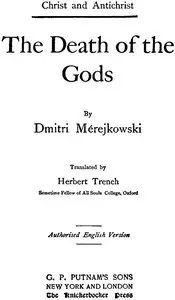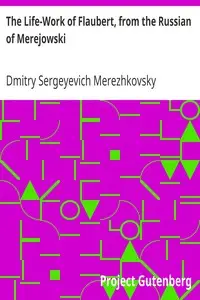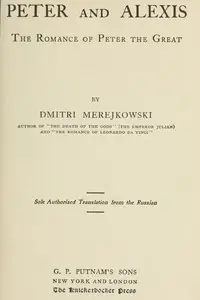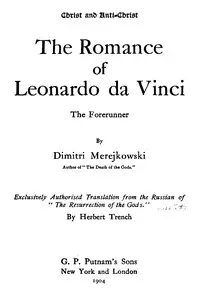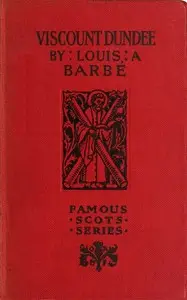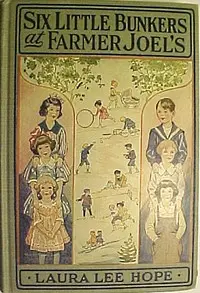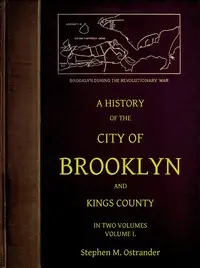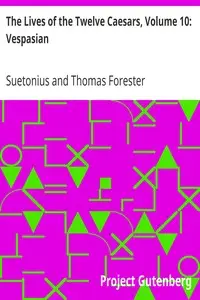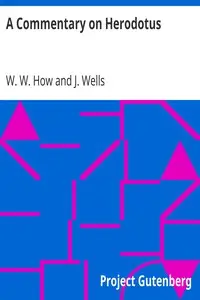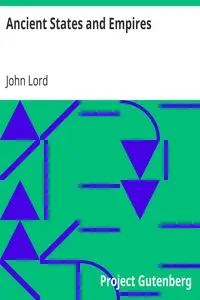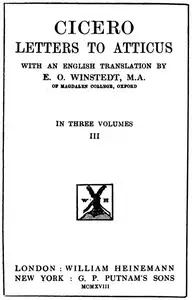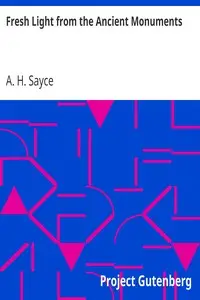"Akhnaton, King of Egypt" by Dmitry Sergeyevich Merezhkovsky is a historical novel likely written in the late 19th century. The narrative centers around Akhnaton, the radically reforming Pharaoh of Egypt, and unfolds through a rich cast that includes Dio, a Cretan dancer; Pentaur, a former priest of Amon; and Tutankhaton, Akhnaton's envoy. The book explores themes of faith, love, and rebellion against the backdrop of ancient Egypt's political and religious upheaval. At the start of the story, we are introduced to Dio, who has recently arrived in Egypt after being rescued from certain death by Tutankhaton. She is recovering at the estate of Khnumhotep, where she learns Egyptian dances under the guidance of Pentaur. Their conversations reveal a deeper tension surrounding the current religious turmoil led by Akhnaton, who has introduced the worship of Aton while suppressing the traditional deities. This dynamic sets the stage for conflict, as both personal and societal struggles permeate their lives. The opening indicates a world steeped in political intrigue and personal relationships that reverberate through the corridors of power, particularly as tensions rise with the potential for rebellion against Akhnaton’s rule. (This is an automatically generated summary.)
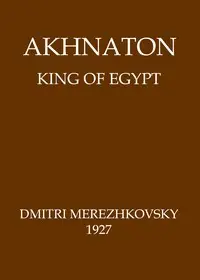
Akhnaton, King of Egypt
By Dmitry Sergeyevich Merezhkovsky
"Akhnaton, King of Egypt" by Dmitry Sergeyevich Merezhkovsky is a historical novel likely written in the late 19th century. The narrative centers arou...
Dmitry Sergeyevich Merezhkovsky was a Russian novelist, poet, religious thinker, and literary critic. A seminal figure of the Silver Age of Russian Poetry, regarded as a co-founder of the Symbolist movement, Merezhkovsky – with his wife, the poet Zinaida Gippius – was twice forced into political exile. During his second exile (1918–1941) he continued publishing successful novels and gained recognition as a critic of the Soviet Union. Known both as a self-styled religious prophet with his own slant on apocalyptic Christianity, and as the author of philosophical historical novels which combined fervent idealism with literary innovation, Merezhkovsky became a nine-time nominee for the Nobel Prize in literature, which he came closest to winning in 1933. However, due to contested claims that he expressed regard for Fascism as a lesser evil than Communism during the outbreak of war between Germany and the USSR shortly prior to his death, his work largely fell into neglect after World War II.


